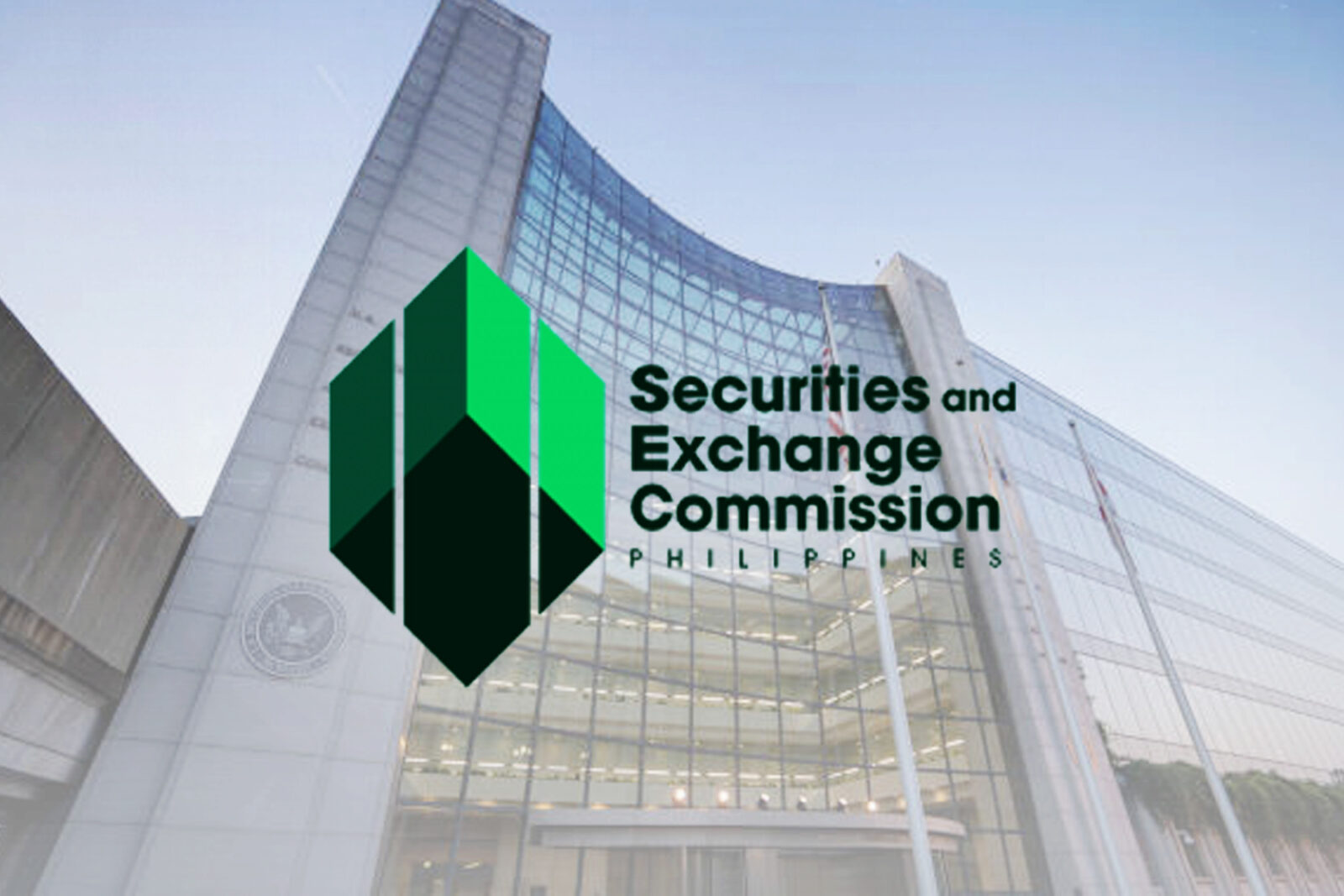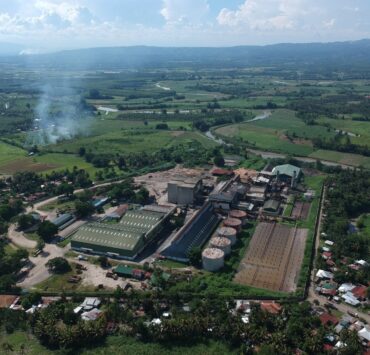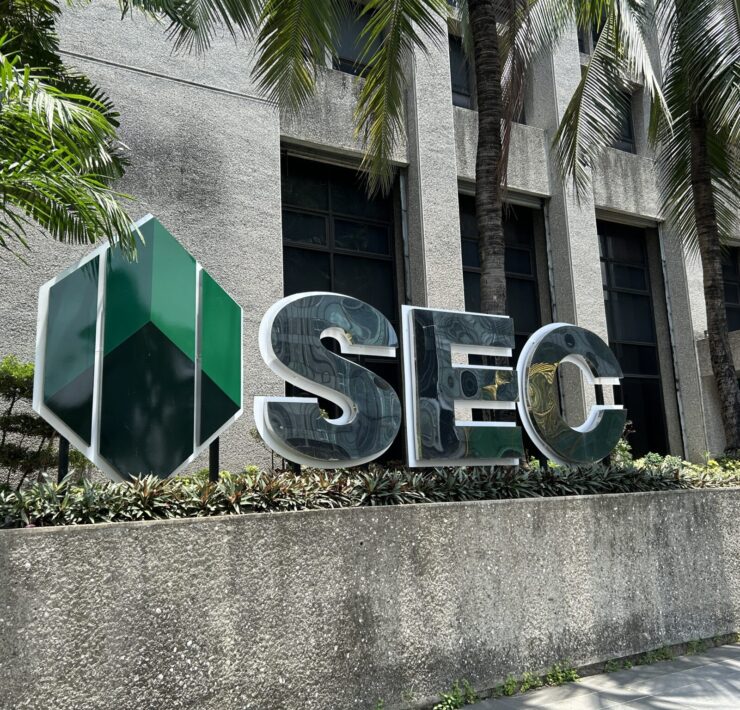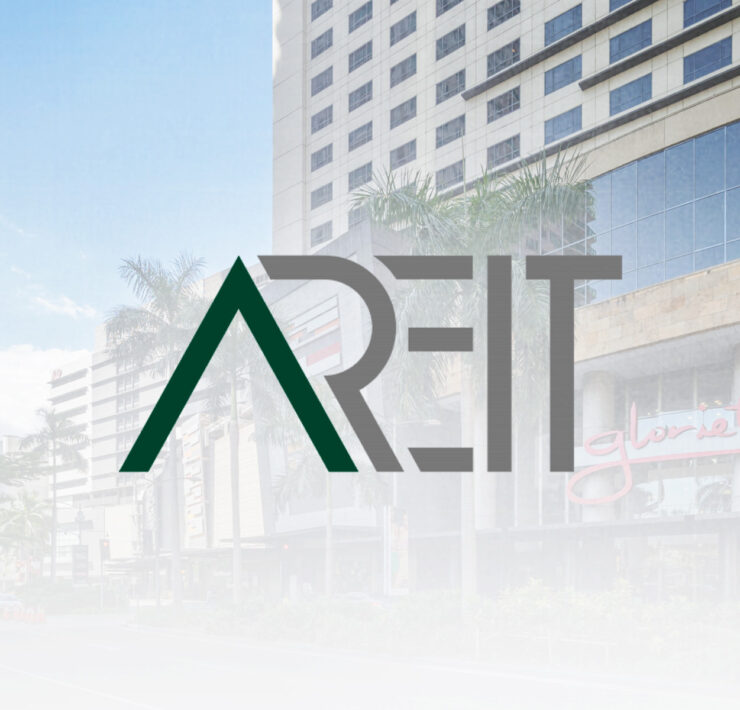SEC eyes enhanced REIT framework

The Securities and Exchange Commission (SEC) wants to enhance the country’s real estate investment trust (REIT) framework and introduce new asset classes like commodity futures as part of a road map to “transform” the corporate sector to be “one of the best in Southeast Asia.”
During a courtesy visit to Finance Secretary Ralph Recto, SEC chair Francis Lim presented a string of reforms meant to ease doing business and deepen the capital market.
“The SEC is ready to work with the DOF (Department of Finance), under the leadership of Secretary Recto, to create a conducive environment that will encourage business formation and boost participation in the capital market,” Lim said in a press statement on Thursday.
The corporate regulator is looking at revising the implementing rules and regulations of Republic Act No. 9856, or the REIT Act, to “better meet market demands.”
REIT is a corporation that invests in income-generating real estate such as office spaces, shopping malls, serviced apartments, hotels, hospitals and warehouses. It gives investors an opportunity to invest directly in the finished projects instead of the developer itself. This is meant to attract dividend-seeking investors because the REIT law requires the distribution of at least 90 percent of income as dividends annually.
The REIT Act, passed by Congress in 2009, allows REIT companies to list and trade their shares of stock, allowing developers to recycle capital for further expansion.
But it was a slow start for the new asset class. It was only in 2020 that the first REIT, Ayala Land-sponsored AREIT, came to market. Seven others followed since then.
Lim also talked about regulatory reforms that will empower local corporations to tap global indices for funding, as part of its medium- to long-term goals for the corporate sector.
To boost risk management and expand investment options, the SEC will craft a road map for alternative investment products and derivatives, including options, futures and a potential commodity futures market.
In the 1990s, a futures market was operated by the Manila International Futures Exchange, with foreign currency as underlying assets, but this was shut down by regulators amid investor complaints.
The SEC also vowed to leverage risk-based audits, digital monitoring tools and institutional capacity building to strengthen its oversight over the corporate sector and the capital market, as well as its investor protection capabilities.
He vowed to strictly implement the newly issued rules on crypto-asset services providers and their operations.
Lim likewise emphasized his goal of reducing backlogs and streamlining transaction requirements to ensure the proper implementation of Republic Act No. 11032, or the Ease of Doing Business and Efficient Government Service Delivery Act.
To this end, the SEC will launch a real-time digital tracking system to enhance transparency in its process and reduce the need for client follow-ups.
He also vowed to streamline the registration process for small and medium enterprises and open the repurchase market to non-bank financial institutions.
To improve consumer protection and support the growth of non-bank financial institutions, he said he would intensify the crackdown against illegal lending.
Lim committed to the efficient implementation of Republic Act No. 12214, or the Capital Markets Efficiency Promotion Act, a new legislation that lowers the tax rate for capital market-related transactions and seeks to expand investor participation.





















